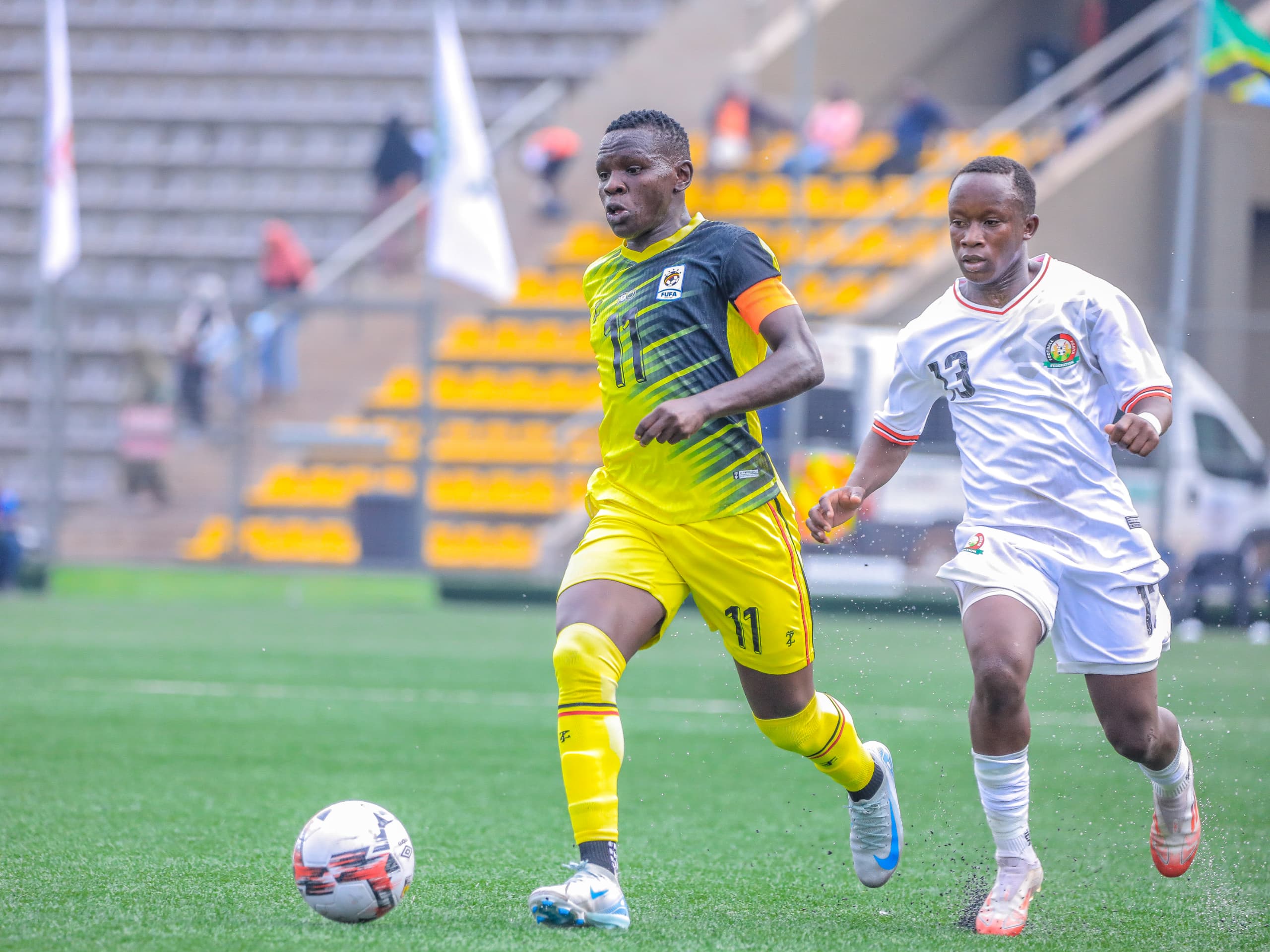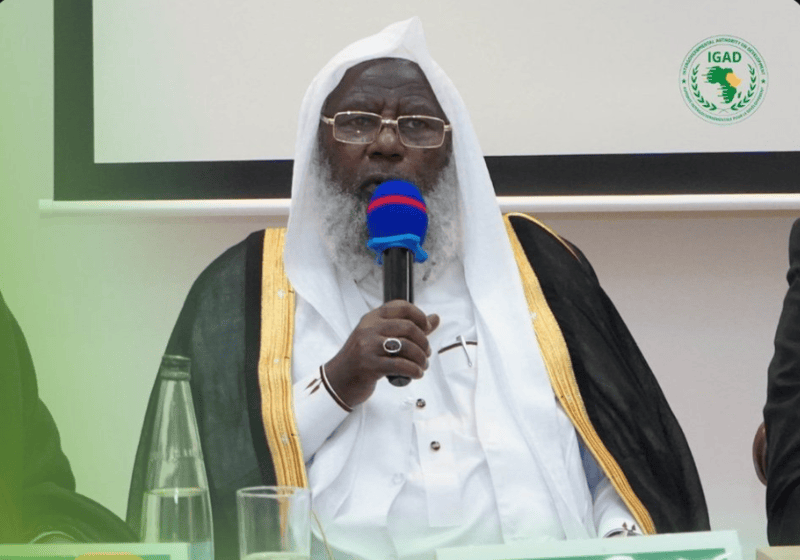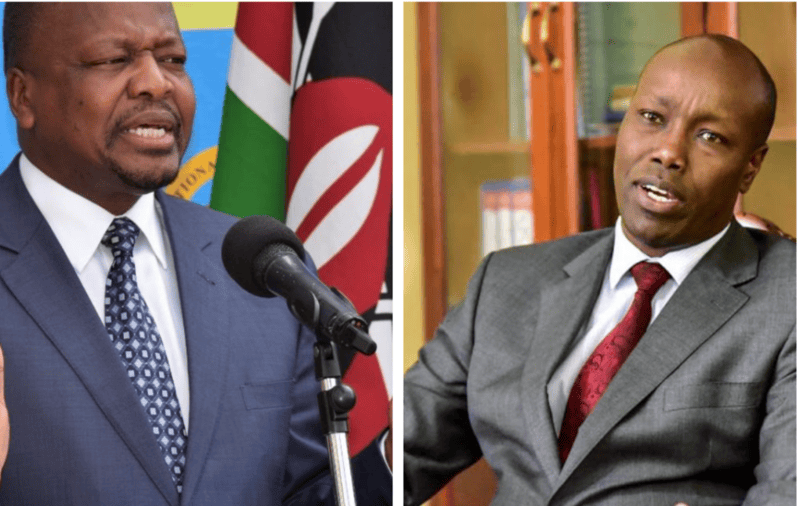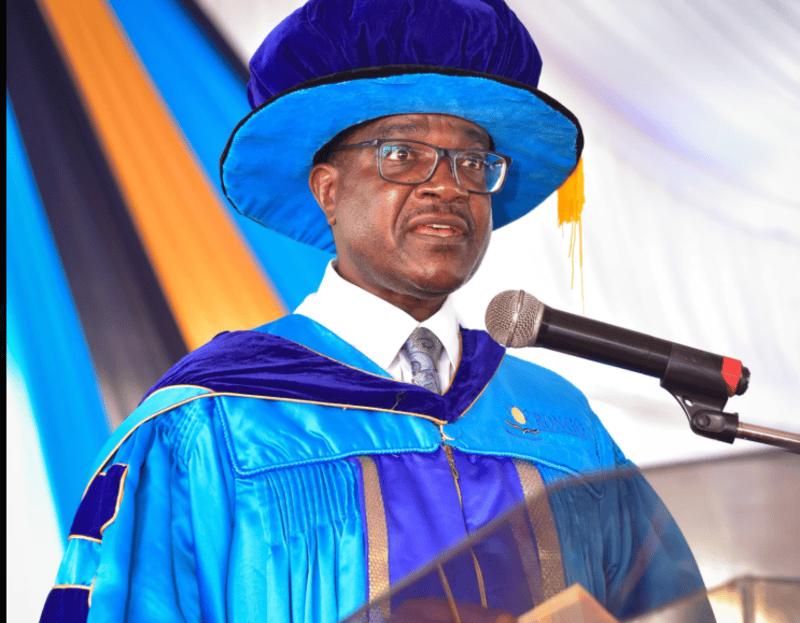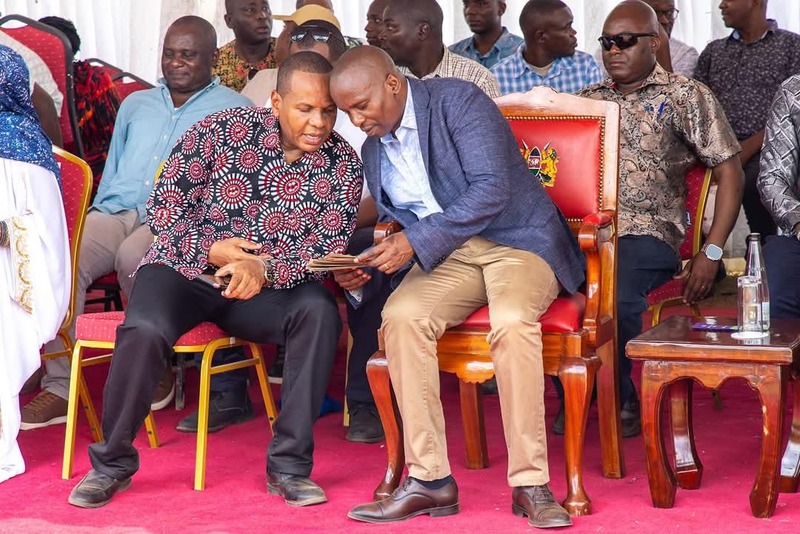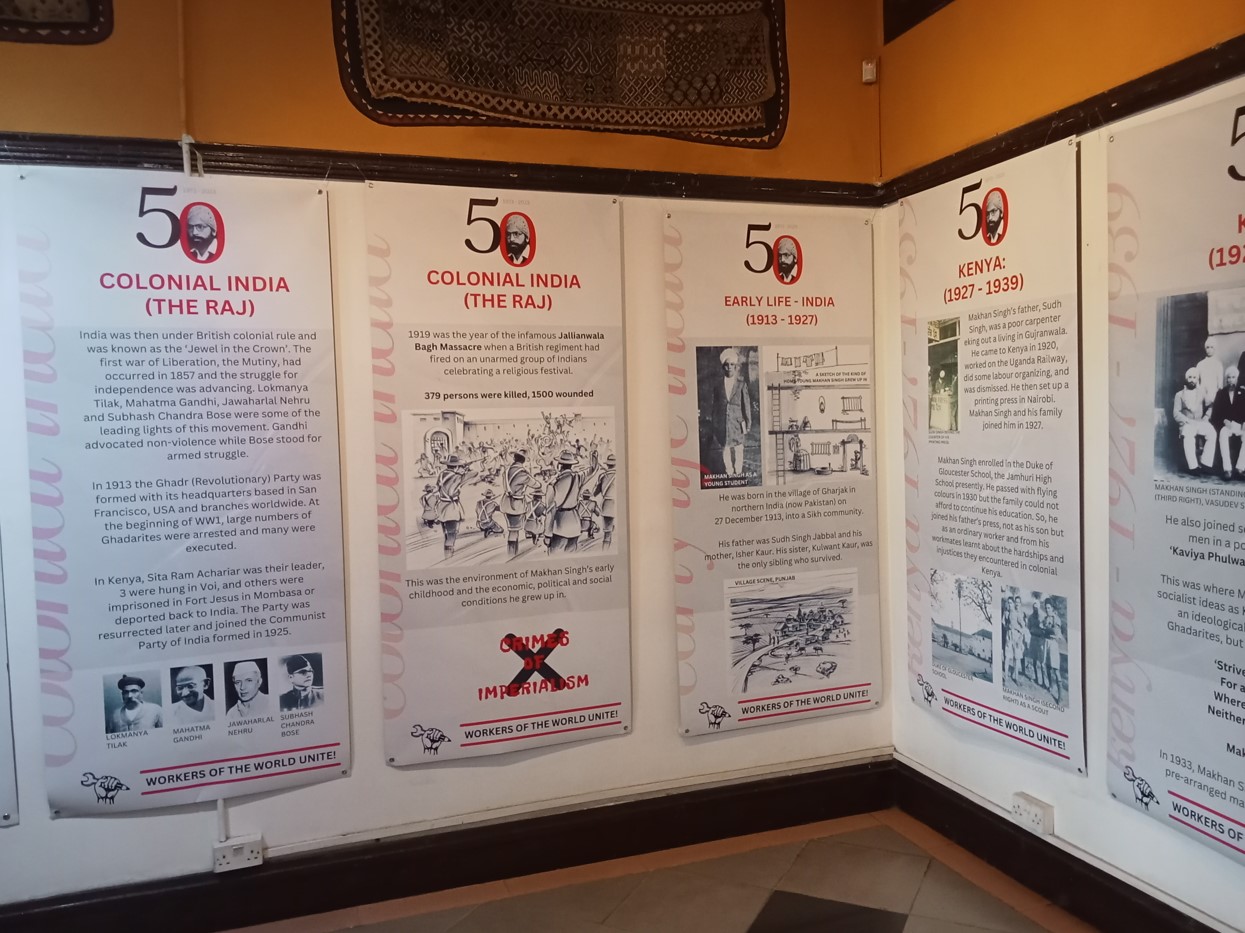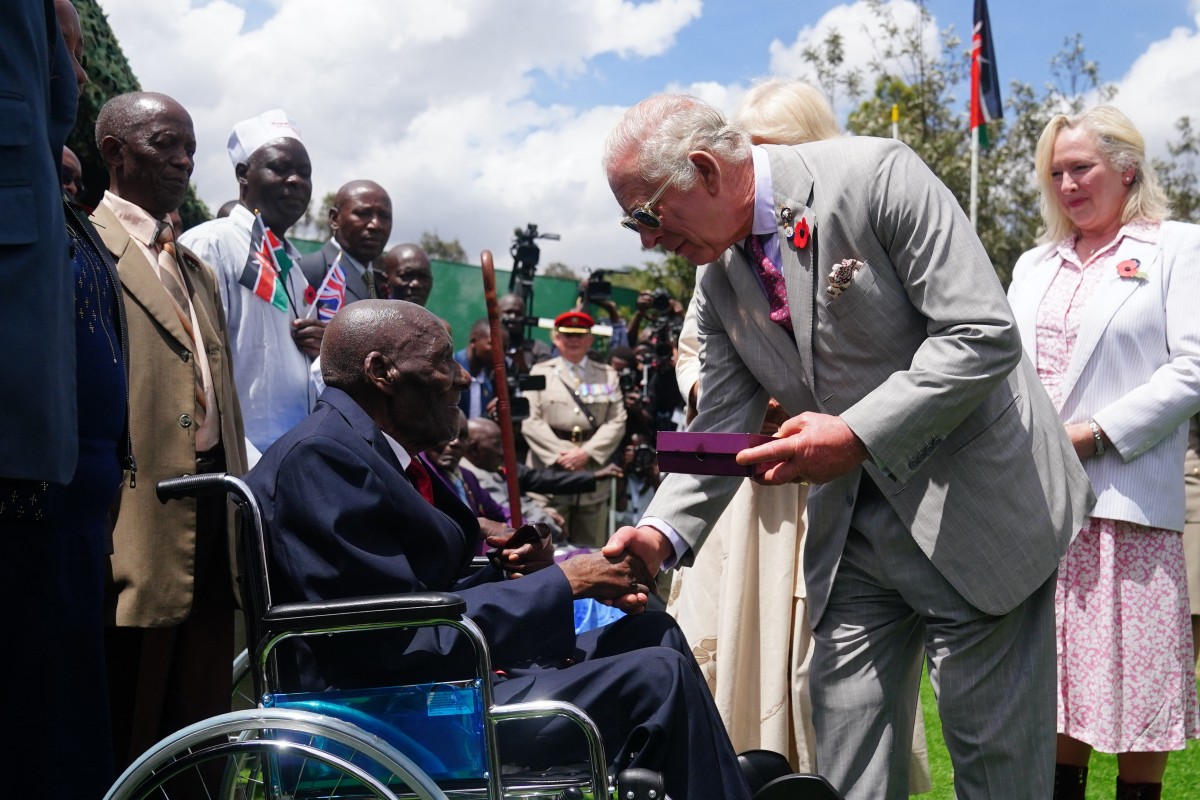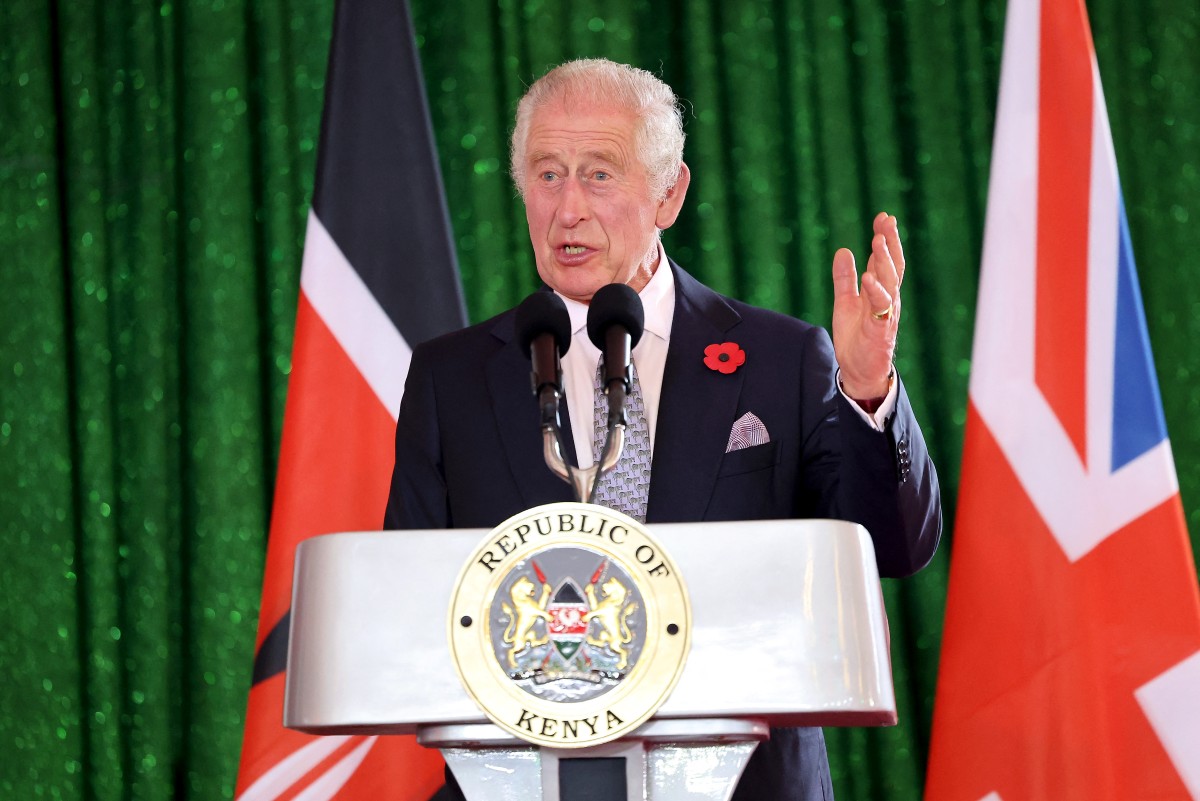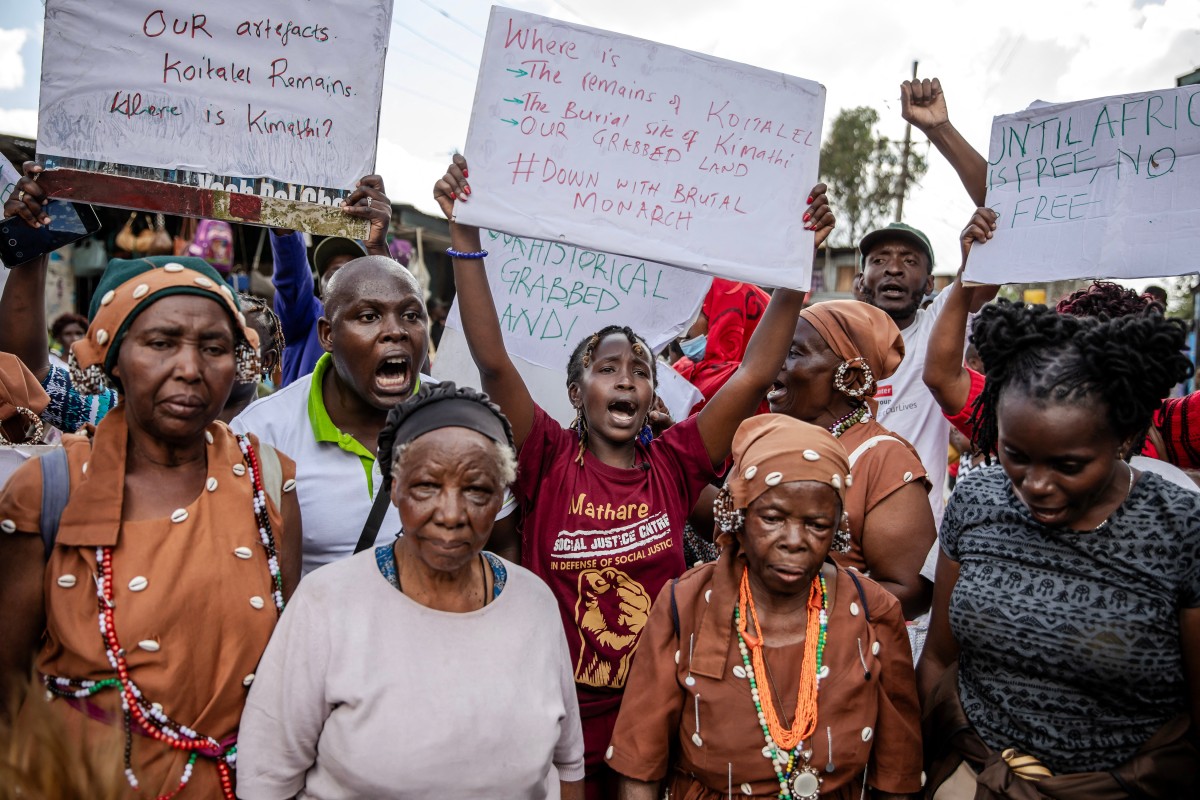Beyond the shadows: In search for Dedan Kimathi's heroic burial 67 years on
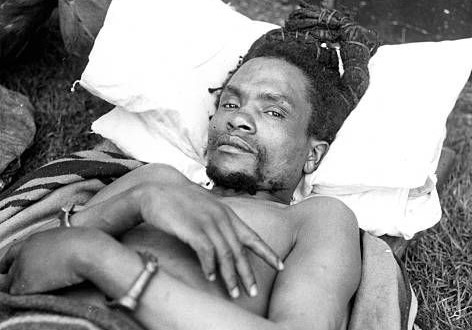
By Paul Aginnah |
Today marks the 67th anniversary of Dedan Kimathi Waciuri's execution.
He was a revolutionary, freedom fighter, patriot, and hero who fought British colonial authority during the Mau Mau rebellion of the 1950s.
Keep reading
- Spirited life of Wahu Kaara: A story of determination and struggle for a better society
- Forgotten Mau Mau freedom fighters and impeached DP Gachagua that stood up for them
- Kenya’s female freedom fighters: The silent heroes of anti-colonial movement
- Petition filed against 130 individuals set to be feted as heroes on Mashujaa Day
As we commemorate this hero, several unanswered questions continue lingering in Kenyans' minds: Why have successive governments failed to find Dedan's burial location and give him a proper heroic burial, and is the colonial government prepared to reveal information from colonial documents?
Kimathi was born on October 31, 1920, in Thege village, Kanyinya sub-location, Nyeri District, Central Province.
He belonged to the Ambui clan, one of the clans that comprise the Agikuyu community. His career started as a soldier in the King's African Rifles (KAR).
Young Kimathi experimented with a variety of jobs, including secretarial work, pig farming, and teaching.
Kimathi, who spoke English fluently, charmed his way into and out of a variety of positions.
However, disappointed by the horrible living conditions suffered by African soldiers, he promptly abandoned his position and began teaching.
During this time, he became involved with the Kenya African Union (KAU), a political group whose goals included liberating the country, putting an end to land alienation, forced labour, the kipande system, and achieving independence, among other issues.
Mau Mau movement
Kenya saw the rise of the Mau Mau movement, which sought independence from British rule after then-governor Sir Evelyn Baring declared a state of emergency in 1952 and arrested the Kapenguria six: Achieng Oneko, Kung'u Karumba, Bildad Kaggia, Paul Ngei, Fred Kubai, and Jomo Kenyatta.
Kimathi, who joined other Kenyan freedom fighters such as Baimungi M'marete, Musa Mwariama, General China (Waruhiu Itote), and Muthoni Kirima in an armed independence movement in 1951, quickly assumed leadership of the movement, administering oaths to initiate and ensure loyalty among Mau Mau fighters.
Mau Mau was a movement that aimed to evict European settlers who had taken over land that traditionally belonged to Kenyans.
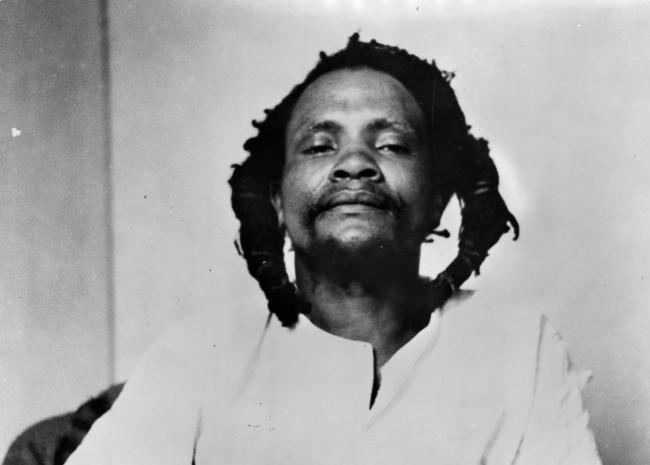 The late Field Marshall Dedan Kimathi.
The late Field Marshall Dedan Kimathi.
Initially, Mau Mau rebels were primarily Kikuyu, whose region (the white Highlands) was preferred by European immigrants; however, Meru, Embu, Kamba, and other ethnic groups also joined the struggle.
It's uncertain where the word Mau Mau came from. Some believe it was created as an anagram of the Kikuyu word 'uma', which means 'go'.
However, some of the movement chose to be known as the Kenya Land and Freedom Army (KLFA). Later, the term Mau Mau came to imply 'Mzungu arudi Ulaya, Mwafrika Apate Uhuru', a Swahili phrase that translates to 'Let the foreigner return to Europe, so the African can reclaim independence'.
The British administration saw Kimathi as a threat and the centre of the rebellion.
The British's relentless search eventually resulted in his capture on October 21, 1956.
Though the manner of his arrest remains controversial, tribal police policeman Ndirangu Mau claimed to have shot Kimathi in the leg as he attempted to re-enter the forest and escape arrest.
Kimathi's situation is analogous to Benjamin Burombo's lamentation and Franz Fanon's Black Skin White Mask.
"Each time I want to fight for African rights, I use only one hand — because the other hand is busy trying to keep away Africans who are fighting me," remarked Burombo, a labour union leader and black nationalist in Southern Rhodesia, now Zimbabwe.
Kimathi's capture was a significant "victory" for the British, as they believed that without him, the Mau Mau fighters would crumble.
Found guilty
After a trial, according to the colonial master's lenses and verdict, Kimathi was found guilty of unlawful possession of a firearm and ammunition. On November 19, 1956, Chief Justice Kenneth O'Connor sentenced Kimathi to death.
 Kenya unveiled a statue of top Mau Mau leader Dedan Kimathi in Nairobi's CBD in 2007.
Kenya unveiled a statue of top Mau Mau leader Dedan Kimathi in Nairobi's CBD in 2007.
In the early hours of February 18, 1957, Kimathi was hanged at Kamiti Prison in Kiambu. To this day, the exact location of his grave remains unknown.
The British government's decision to execute Kimathi for a relatively minor charge was fueled by their desperation to quell the Mau Mau liberation movement and serve as a warning to other anti-colonialists.
According to official records at the Kenya National Archives, more than 10,000 Kenyans were killed and an estimated 50,000 detained by the ruthless colonial administration.
For decades, Kimathi's family, relatives, and the Kenyan government appealed to the United Kingdom to uncover the whereabouts of his remains, but to no avail.
During King Charles II's visit late last year, numerous civil rights organisations attempted to inquire about not only Kimathi and other Kenyan heroes' remains, but also the head of Otenyi from Gusiiland, Koitalel Arap Samoei, and others.
Following his release from jail in 1990, South Africa's anti-apartheid leader Nelson Mandela paid a visit to Kenya and asked to see Kimathi's tomb.
Unfortunately, Mandela's plea was not granted. While at Kasarani Stadium, Mandela began his admission for Mau Mau fighters, mentioning Kimathi and stating he was inspired by his efforts against oppression. During his second visit in 2005, Mandela met Kimathi's wife, Mukami Kimathi, and two of their children. Still, his earlier request has not been fulfilled.
Kimathi has been commemorated, and institutions and roads named after him include the Dedan Kimathi University of Technology, the Dedan Kimathi Stadium in Nyeri, and the well-known Kimathi Street in Nairobi's city centre.
As Kenya honours Kimathi's bravery and sacrifice, some concerns remain unanswered: where are his remains? When will the victims and descendants of Mau Mau finally be compensated?
Reader comments
Follow Us and Stay Connected!
We'd love for you to join our community and stay updated with our latest stories and updates. Follow us on our social media channels and be part of the conversation!
Let's stay connected and keep the dialogue going!

